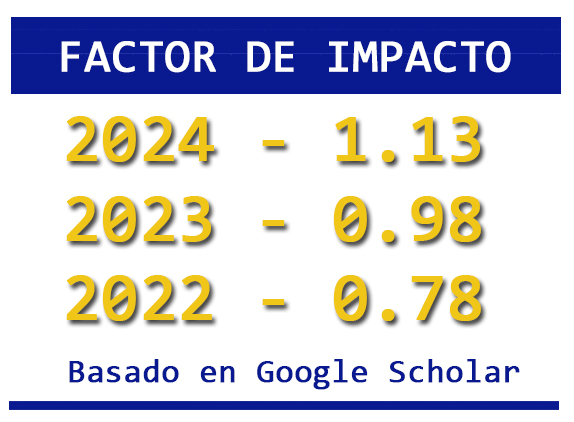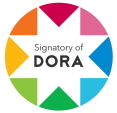DESCARTES AND THE CLINICAL METHOD:
400 YEARS OF DREAMS
DOI:
https://doi.org/10.36790/epistemus.v14i28.121Keywords:
Rene Descartes, clinical method, philosophy of medicineAbstract
Four centuries ago, the French philosopher Rene Descartes had a series of dreams that had a profound impact on science and medicine. As a consequence, the first ceased to be a matter of dogmas and traditions to become an issue on which anyone could offer an opinion if evidence is provided. Medicine, on the other hand, ceased considering body function as a tangle balance of fluids to adopt a system based on the functioning of organs. The rules of Cartesian reasoning, described in his famous Discourse on the Method, were embraced by doctors of the nineteenth century to configure the clinical method in use today.
Downloads
References
Watson R. Descartes El filósofo de la luz. Javier Vergara Editor 2003, Barcelona España
Nájera Pérez E. Descartes y el Renacimiento. Las claves humanistas de su Antropología. Eikasia Revista de Filosofía. 2007; II (8): 141-162
Shapin S. Descartes the doctor: Rationalism and its therapies. British Journal for the History of Science. 2000; 33(2): 131-154. DOI: https://doi.org/10.1017/S000708749900391X
SparkNotes Editors. “SparkNote on René Descartes (1496-1550)”. SparkNotes LLC. 2005. http
Descartes R. El Discurso del Método. 1637. Colección Austral Espasa Calpe
MunévarMC, Pérez AM, Guzmán E. Los sueños: su estudio científico desde una perspectiva interdisciplinaria. Revista Latinoamericana de Psicología, 1995; 27(1): 41-58
Mattern S. The arte of medicine. Galen and his patients. Lancet. 2011 378: 478-9 DOI: https://doi.org/10.1016/S0140-6736(11)61240-3
Downloads
Published
How to Cite
Issue
Section
License
Copyright (c) 2021 EPISTEMUS

This work is licensed under a Creative Commons Attribution-NonCommercial-NoDerivatives 4.0 International License.
The magazine acquires the patrimonial rights of the articles only for diffusion without any purpose of profit, without diminishing the own rights of authorship.
The authors are the legitimate owners of the intellectual property rights of their respective articles, and in such quality, by sending their texts they express their desire to collaborate with the Epistemus Magazine, published biannually by the University of Sonora.
Therefore, freely, voluntarily and free of charge, once accepted the article for publication, they give their rights to the University of Sonora for the University of Sonora to edit, publish, distribute and make available through intranets, Internet or CD said work, without any limitation of form or time, as long as it is non-profit and with the express obligation to respect and mention the credit that corresponds to the authors in any use that is made of it.
It is understood that this authorization is not an assignment or transmission of any of your economic rights in favor of the said institution. The University of Sonora guarantees the right to reproduce the contribution by any means in which you are the author, subject to the credit being granted corresponding to the original publication of the contribution in Epistemus.
Unless otherwise indicated, all the contents of the electronic edition are distributed under a license for use and Creative Commons — Attribution-NonCommercial-ShareAlike 4.0 International — (CC BY-NC-SA 4.0) You can consult here the informative version and the legal text of the license. This circumstance must be expressly stated in this way when necessary.
The names and email addresses entered in this journal will be used exclusively for the purposes established in it and will not be provided to third parties or for their use for other purposes.
























